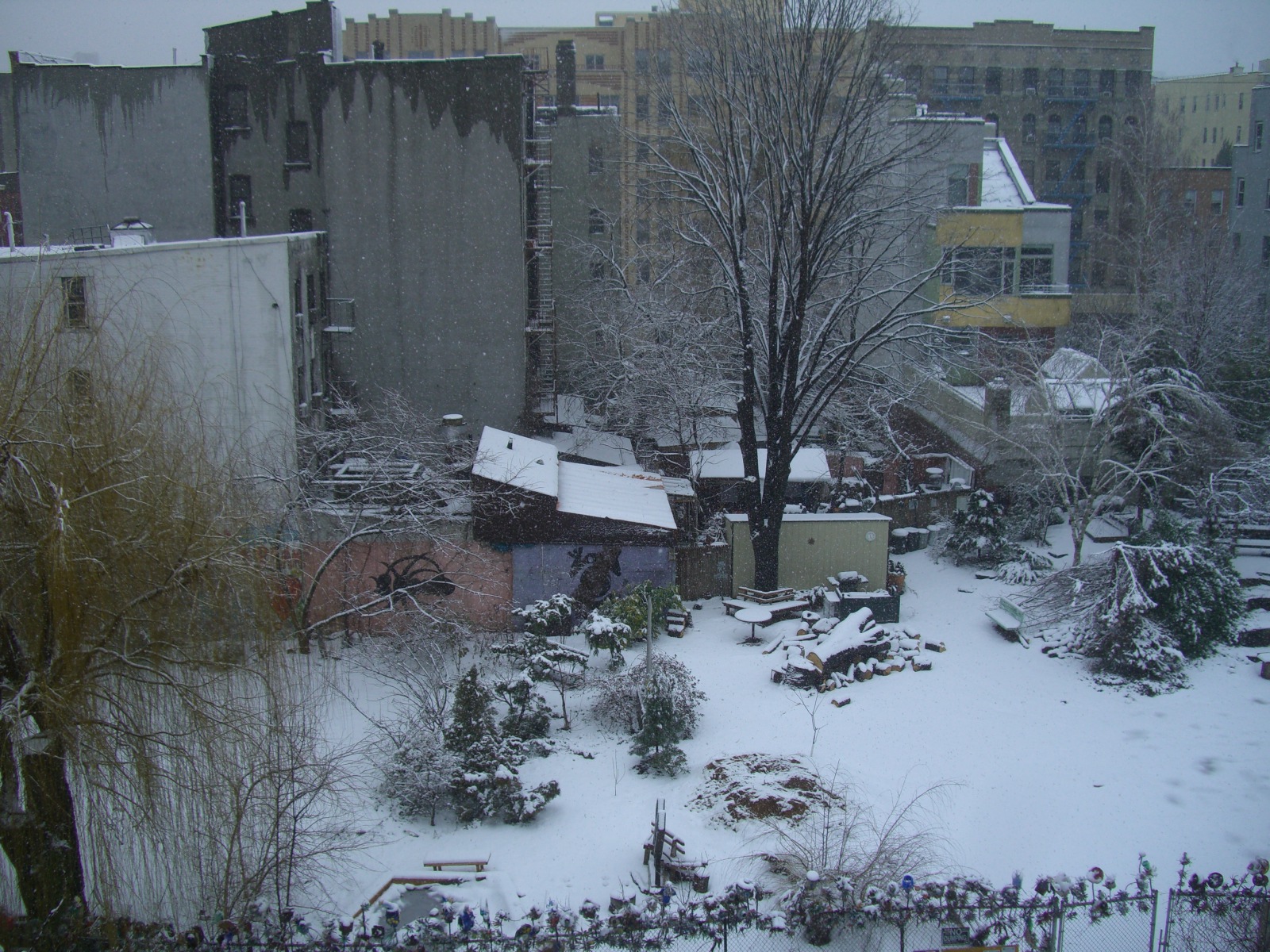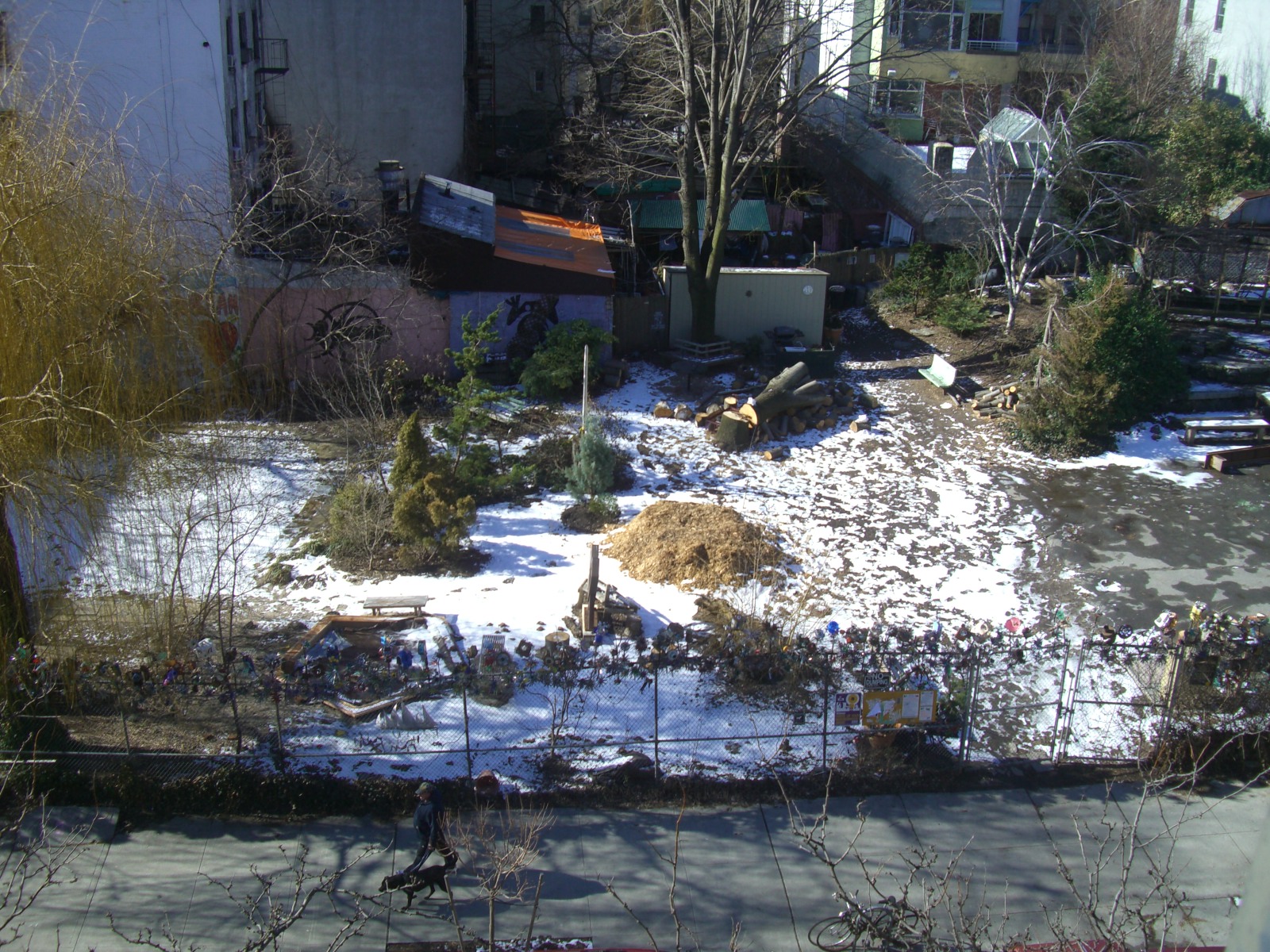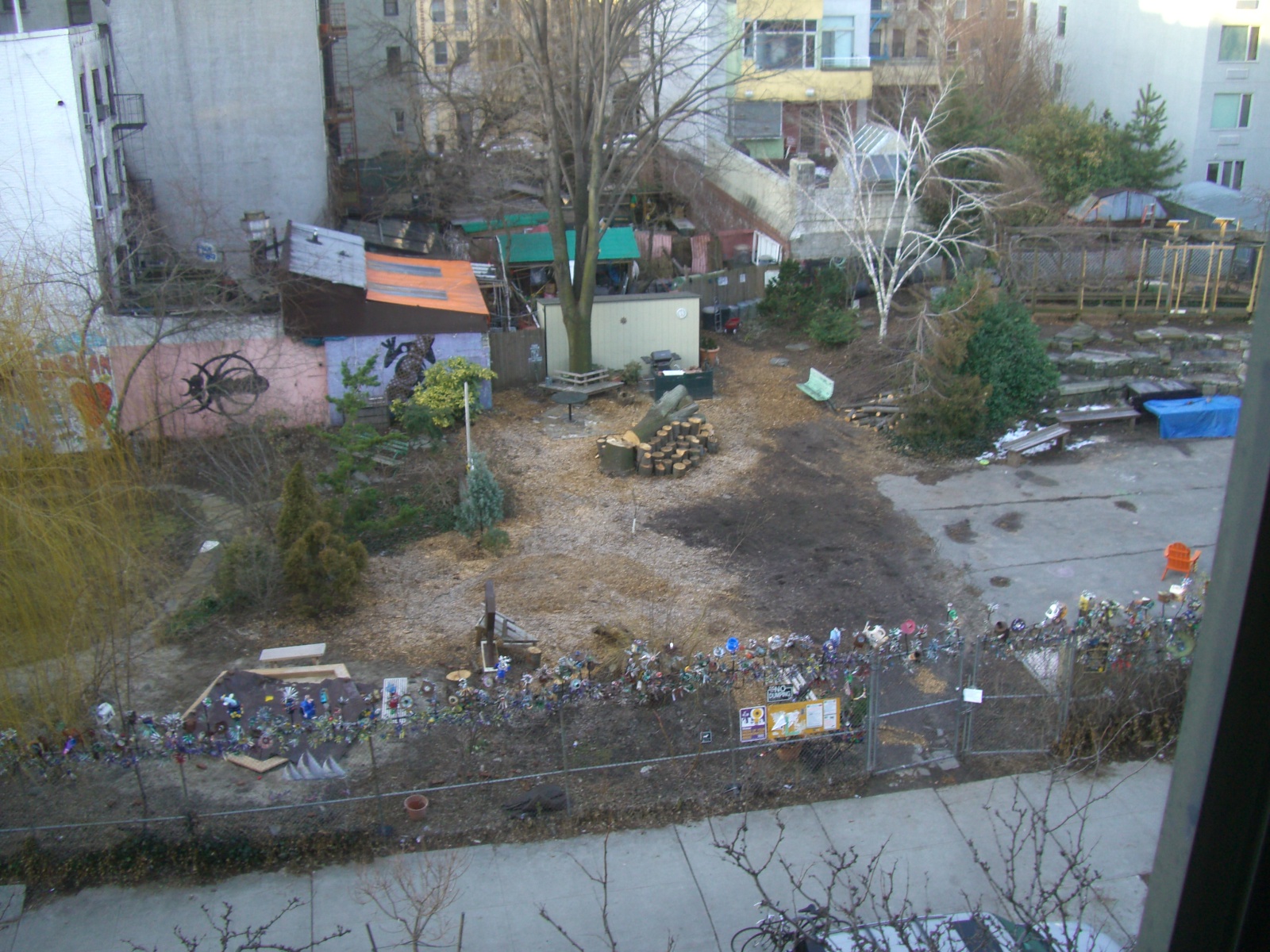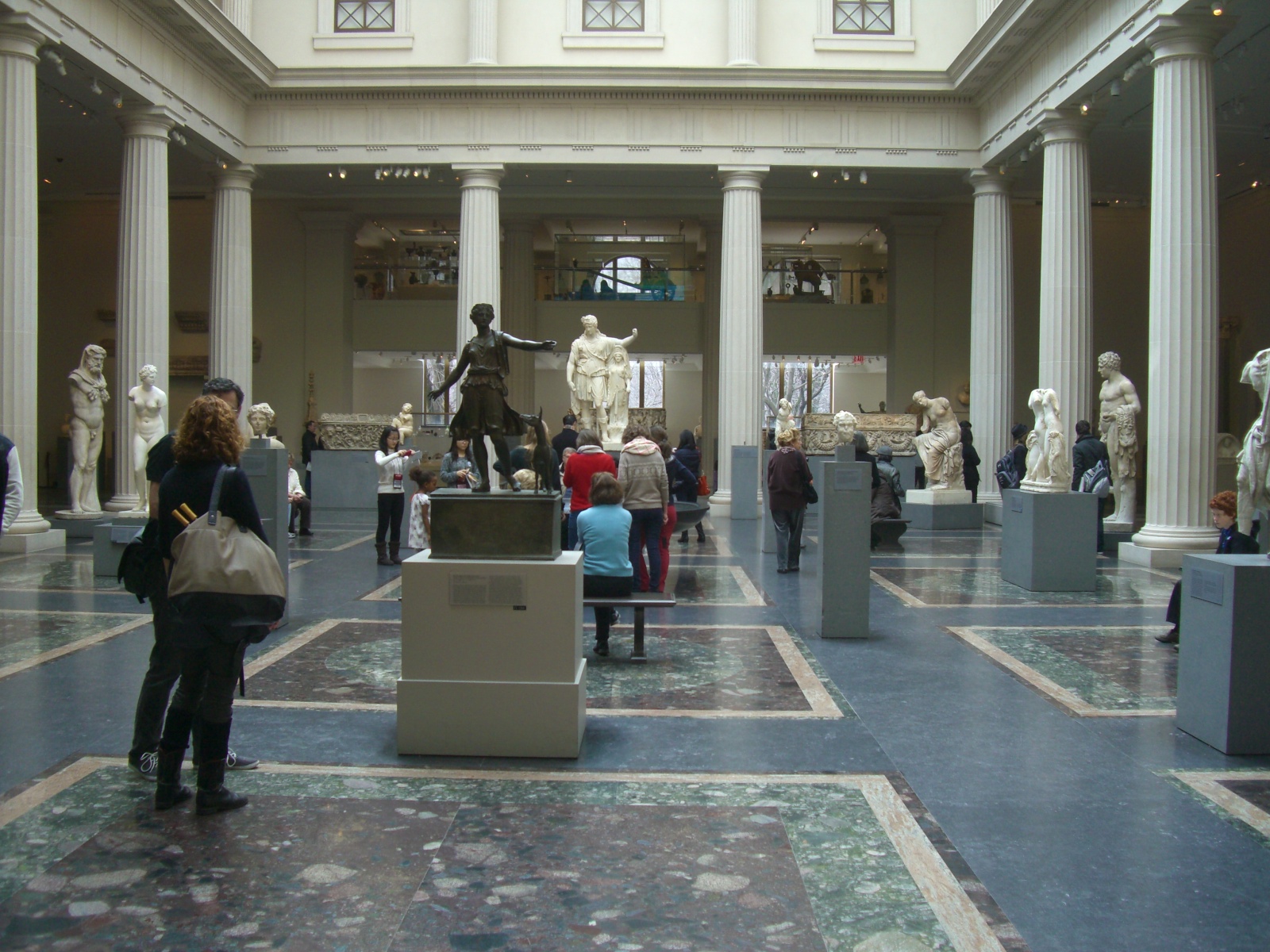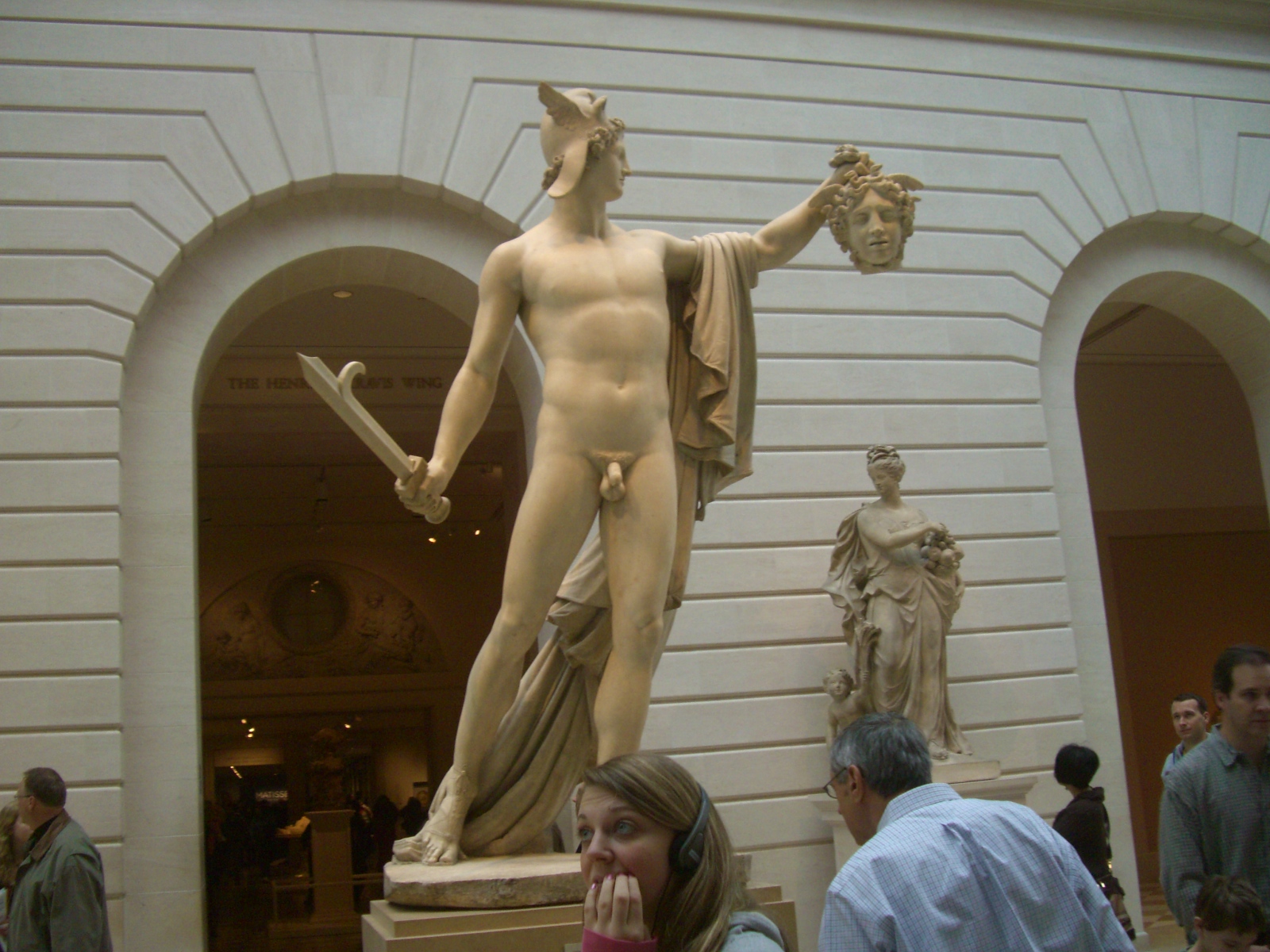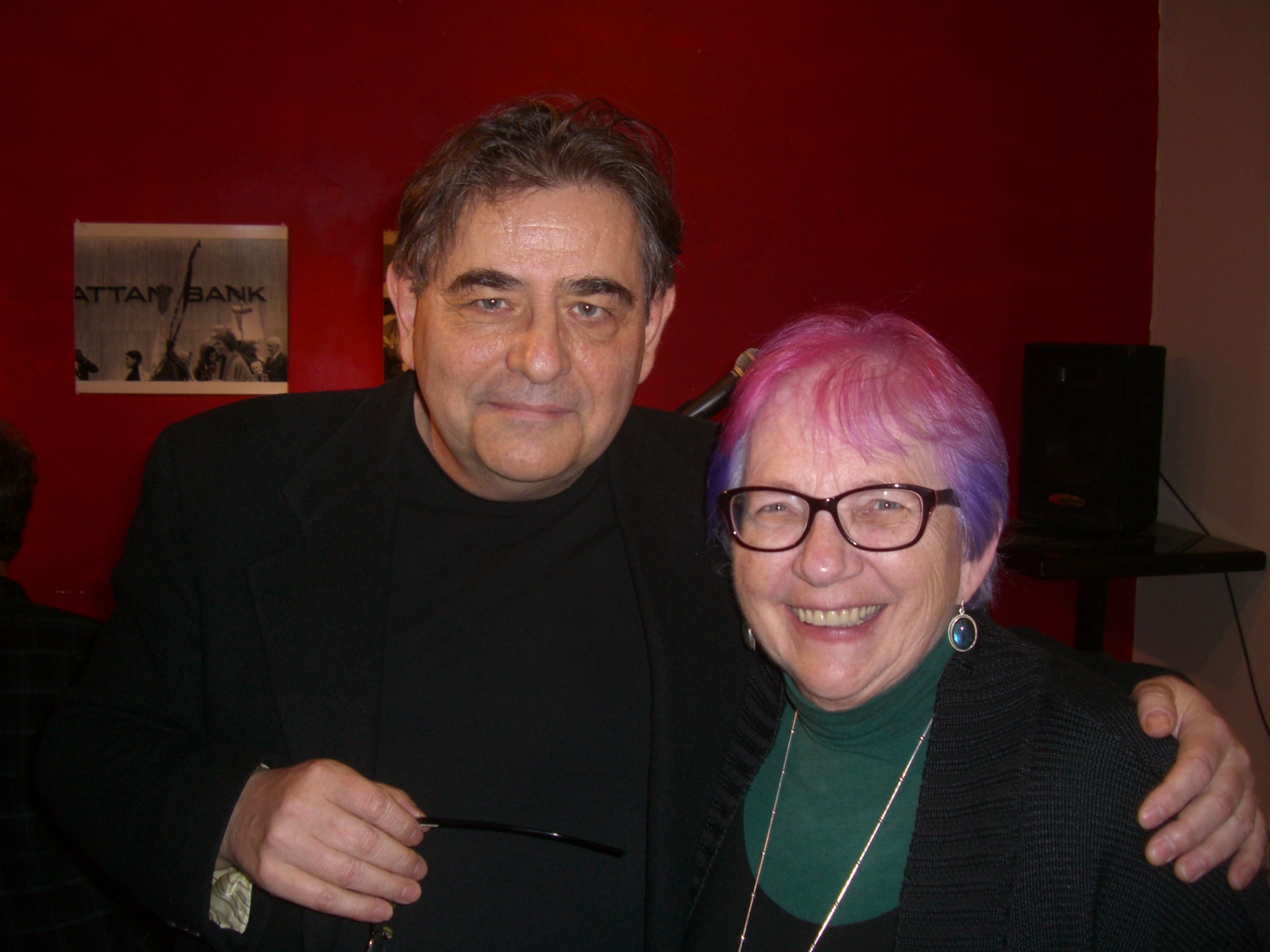…
Thursday after class as I walked down Fourteenth Street in the cold drizzling rain, I stopped at the Duane Reade on Third Avenue and asked, “Do you have an enema bag?” “Enema?” the Bengali fellow asked. “Enema,” I repeated. He led me to the pet food. “Enema,” I said, “not animal.” He led me then to a shelf in front of the busy pharmacists and showed me a box that contained ten little plastic bottles of saline with nozzles. That was what he had, disposable enemas. On First Avenue at a CVS the girl understood what I meant. She could visualize it hanging on the inside of her grandmother’s bathroom door back in the Dominican Republic. But she led me to the same box of ten plastic bottles with the nozzles. Here we have an example of more pollution and waste all in the pursuit of the Almighty Dollar. Buy an enema bag and it’s yours for life. Buy these ten little enemas and god forbid you will need an eleventh because then you will have to buy another box of ten. I wanted to yell, “Stop it!” but meekly let the girl lead me to a handsome young man whose beard had grown for a couple of days without a shave, as is the style nowadays. He gave me a strange look when I asked, “Do you have an enema bag?” but then he laughed when I added, “Some people call it a douche bag.” The girl laughed too as we followed him to an aisle that had hot/cold water bottles. “That’s all we have, sir.” “It doesn’t have a long hose.” “I know.” I went home and checked. Walgreens sells an enema bag online for $12.99; the box with the disposable ten costs $10.99. You do the math.
…
It’s a beautiful Sunday morning, a sunny welcoming. I meant to write yesterday, but I was in a funk that seems to have vanished: we have sprung forward and the lost hour has brought the birds singing in the single willow left standing in the park, La Plaza, across the street. All the other willows went down in the hurricanes Irene and Sandy, as well as the tallest tree, the American Linden, which had leaned dangerously against the other linden since October cordoned off and was finally taken down by the city this week and cut up, safe and sound. Yesterday, park members stacked the logs and raked out the huge pile of sawdust. When I started to defend the park from city development in 1987, one of the reasons I did it was because of the willows. Some cynics thought I only fought to save my lovely view of downtown Manhattan and the Twin Towers, but that wasn’t really true; the thought of the willows cut down and dead was just too much for me to bear. Call it a mid-life crisis. Now the willows are gone, beyond my control, toppled in climate storms, though small ones grow up out of the old roots as they are accustomed to do. The Twin Towers were toppled too by forces greater than themselves, worldwide political storms, karma upon karma from the beginning of human time. For over a year now, I’ve been watching the new World Trade Center rise.
It’s Sunday morning and I’m listening to Los Panchos as I write. Usually I would be writing without music. But this morning, after Akram left to study around 9, I practiced guitar in the work room, something I had never done before, out of respect for my next door neighbors who are probably asleep on the other side of the wall. I have new neighbors, NYU students I think, who have begun to blare their music: often late 60s stuff like the White Album and early 70s like the Cat Stevens my kid sister Peggy listened to. The first song I sang was a hillbilly one about unrequited love, Bury Me Under the Weeping Willow; I often start my day by playing it, but in the other room. Then to really get my point across, I sang a song I wrote around the time Cat Stevens sang Moon Shadow, The Friday Apocalypse Stew. It’s just two chords, E for six beats and A for seven and eight. It is a long song going on for about five minutes or even longer depending. Because it was so long, I’d stopped singing the first stanza, but my nephew Daniel, who I sometimes practice with, told me I should include it again, so this morning I did at the top of my lungs:
Lady Pizzaro played the piano
laid me adagio across her bed.
She sang, “I just had you sold for a coin of gold
and five minutes worth of head.
Come on in my faggot Jew boy
bring your severed blind guru.”
Well, my Inca knows and he lays them low
then he shows me what to do.
I sang well because I had an audience on the other side of the dry wall. After, I let it be quiet for a minute. Then I put my iPod into its dock and, deciding against Yoko Ono, chose Los Panchos and turned them on and up. “Besame,” they sing now as I write. I guess I have been lucky because for over twenty years I’ve always had quiet neighbors to the east of me. There was one young man who liked to make love to his girlfriend in the mornings when I like to write, so sometimes I’d hear the lucky woman (never a noise out of him; he was a lady’s man; and he had a futon so there was no creaking like a donkey’s heehaw either) whimpering and moaning. That wasn’t bad; in fact it was nice and creative, a background you could write to, but Bungalow Bill at high volume isn’t. We will see (hear) later if I got myself understood a little better than if I had knocked on their door last night, the old curmudgeon next door asking them to please turn their music down. Kids, I’ve got music of my own, and I can blow you away if I want to.
How different one day is from the other. Saturday I was down as much as I’d been up the day before: Friday had been exuberant: I did my own work, worked on sonnets—I don’t teach Fridays—and it was snowing. Beautiful. Friday night I had fun (perhaps a bit too much) drinking wine and eating bread and Brie reminiscing for hours with an old friend. Saturday I got as little done as I had gotten done the day before; and I thought about death, loss, how for us all time is running out, and how fucked up it all is with so few doing the right thing: the world is a mess and most likely dying, or the end of life as we know it is coming with weather changes and water rising. But, even in the worst of times, thinking an optimistic thought is as possible as thinking a pessimistic one. My mind is mine; I can frown or I can smile, my muscles, my mouth. Lie in bed and cry or go the gym and swim. If you have no inspiration, at least go to a museum: look at some art. Perhaps yesterday I should have gone down and helped the gardeners rake out the sawdust in La Plaza.
…
This morning as we ate breakfast, Akram laughed and showed me how his Bengali colleagues eat with spoons. Bengalis eat with their fingers usually. Akram often does. “It tastes better.” I love to watch him put his fingertips together, his hand like a shovel mixing, stirring, gathering until every speck of food is cleaned from the plate. Akram held the spoon kind of like how he eats with his fingers; all four of them holding one side, while the thumb presses down on the other, awkward, clumsy. He smiles: “They always click the spoon on their teeth; they make noise when they eat.” And then he does it, just like his friends do: click click click. Life changes. We move into new habits, customs, pop stars. I think I first noticed it when I was around forty-five; the babies I had known grew up and were having children of their own, and those who were older than I was, I could see how their lives had turned out, for better better or worse from the actions that they’d done. I grew up around cornfields and apple orchards that are now little mansions and sprawling suburbs. But also new people came to be born whom I like and love, my niece and nephews for example, and many of the students I teach and have taught here and in China. These young folks have given me some hope; so many are smart, smarter than I am—I just hope they outnumber the dumb ones.
Sunday afternoon I went to a poetry reading in Brooklyn at Two Moon Art House and Cafe to hear Bertha Rogers and Dennis Nurkse. Lynn McGee, who hosts the series, is an old friend and colleague. I don’t know Dennis at all; he was engaging and funny. Bertha and I are friends on Facebook, but we had never met. Bertha read from her new book, Heart Turned Back. I bought it after. Her reading was often about animals, a metamorphic change, lovely words in the voices of dogs, voices of childhood, of love, of the woods. I think Bertha is probably known for her translation of Beowulf and you can feel, hear the English language when she reads, from the beginning to the present. It was good to go out, to listen and talk. On the subway, I read some of the book and liked Turkey Buzzard a lot. Check it out. Akram was making chicken curry when I got home, and I heated up some flour tortillas as he finished. We both ate with our fingers, tearing up and sharing the tortillas. It is after eleven and soon time to finish this and go to bed. Akram’s already sleeping. My neighbors to the east have been quiet tonight. Perhaps they have begun to realize that someone lives on the other side. You can’t stop the noise, but maybe you can get them to turn it down.
